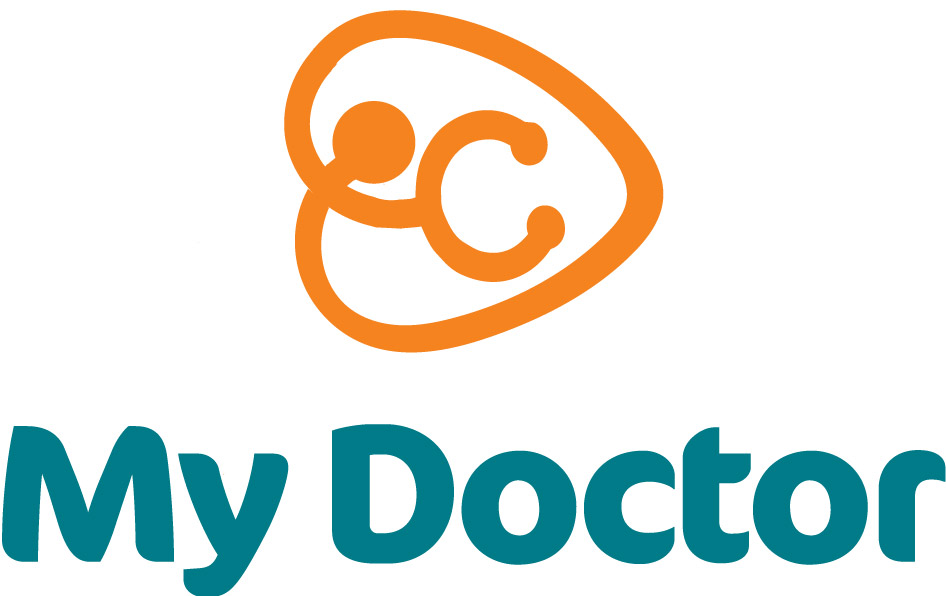
Antenatal care is important not only for the health of expectant women and their unborn children but also because it can help reduce infant mortality rates.
Antenatal care is the medical, emotional, and practical support you get during your pregnancy.
Antenatal care is also known as pregnancy care or maternity care.
Women can take advantage of antenatal preventive health care, learning from skilled health personnel about healthy behaviors during pregnancy and better understanding the warning signs that might arise. They also receive emotional, social, and psychological support at a critical time in their lives.
Pregnant women, through antenatal care, can access micronutrient supplementation and treatment for hypertension to prevent eclampsia. They can also receive immunization against tetanus.
Prenatal/Antenatal care can provide HIV testing and treatment for pregnant women. This will help prevent mother-to-child transmission of the virus.
Because we live in areas where malaria is endemic, our health personnel provide pregnant women with medications and suggest reliable types of insecticide-treated mosquito nets to prevent the disease.
Sub-Saharan Africa is one region where the lowest levels of antenatal care are observed, just like South Asia.
For example, the percentage of women aged 15–49 years attended by any provider at least four times during pregnancy (ANC4) from 2015 to 2021 was lower than 30%.
Our midwives or doctors who will provide you with antenatal care will:
- Regularly monitor the health of you and your baby
- Provide you with information to help you have a healthy pregnancy, including advice about diet and exercise.
- Discuss your options and the choices you will make for treatment during pregnancy, labour, and birth.
- help you with any questions that may arise
- For example, if you’re expecting your first child, it’s common to schedule around ten appointments with a doctor or midwife.
- You’ll have around 7 appointments during your pregnancy if you’ve had a baby before, but sometimes this number will increase – for example, in the event that you develop a medical condition.
When you are early in your pregnancy and have chosen My Doctor as your doctor of choice, a representative at My Doctor will give you written information about how many appointments.
